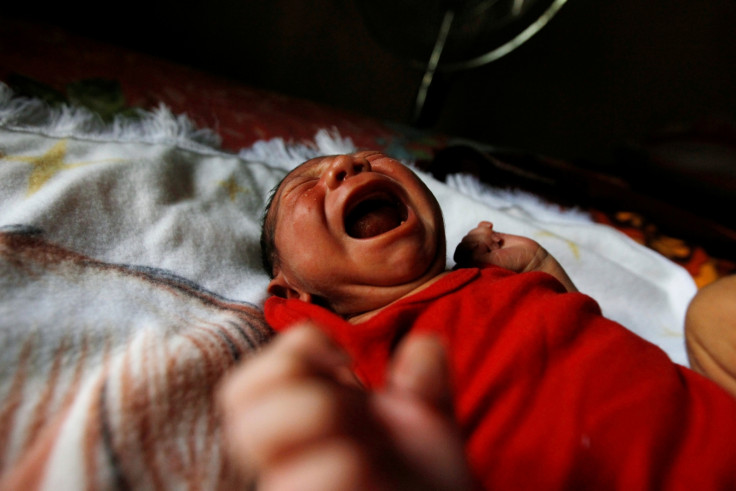Thailand confirms 2 cases of microcephaly linked to Zika virus
There is no cure or vaccine for the virus, which has infected an estimated 1.5 million people.
Thailand confirmed on Friday (30 September) that two cases of microcephaly caused by Zika virus were detected in the country. An adviser to the department of disease control, Prasert Thongcharoen told Reuters, "To summarise, we have found two cases of small heads linked to Zika, the first cases in Thailand."
In a statement this week, the World Health Organization (WHO) said that any cases found in Thailand would be the first in Southeast Asia.
"Countries across the region must continue to strengthen measures aimed at preventing, detecting and responding to Zika virus transmission," said Dr Poonam Khetrapal Singh, regional director at WHO.
Although, the virus causes causes mild symptoms in adults, pregnant women affected by it are at a risk of giving birth to babies with microcephaly – a condition that leads to babies being born with abnormally small brains and heads.
According to reports, neighbouring Singapore has confirmed more than 300 cases of Zika virus infection, including 19 pregnant women. On Thursday, US health authorities had asked pregnant women not to travel to 11 Southeast Asian countries including Brunei, Myanmar, Cambodia, Indonesia, Laos, Malaysia, Maldives, Philippines, Thailand, Timor-Leste (East Timor), and Vietnam, as they could risk being affected by the virus.
There is no cure or vaccine for the virus, which has infected an estimated 1.5 million people. Microcephaly in babies can cause respiratory problems and malformation of the brain, which puts a baby's life at risk.

© Copyright IBTimes 2025. All rights reserved.





















